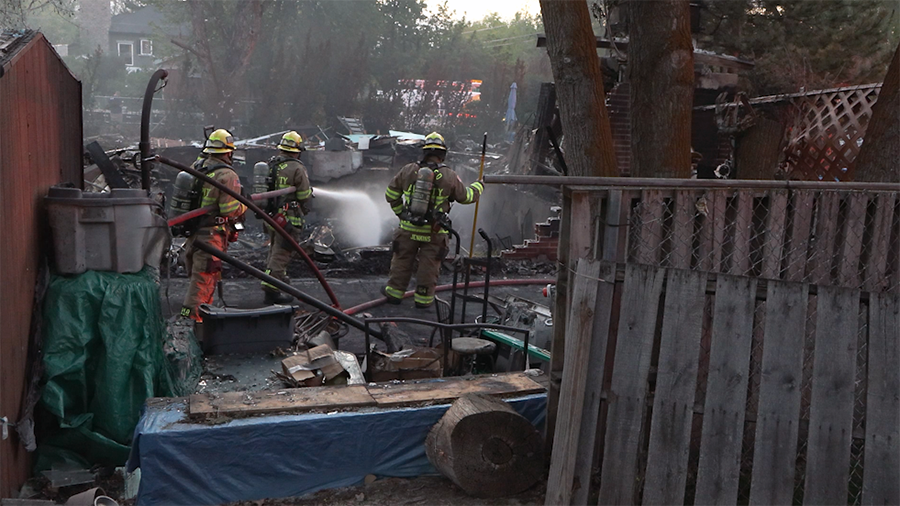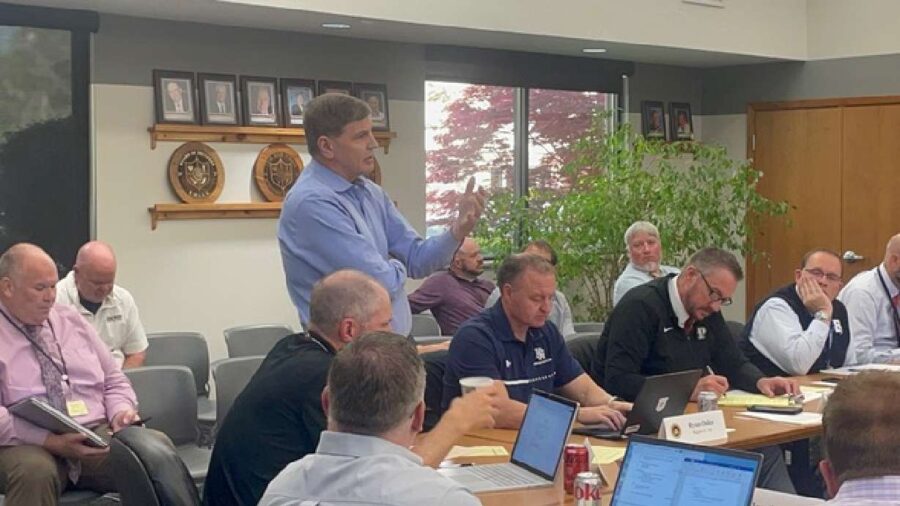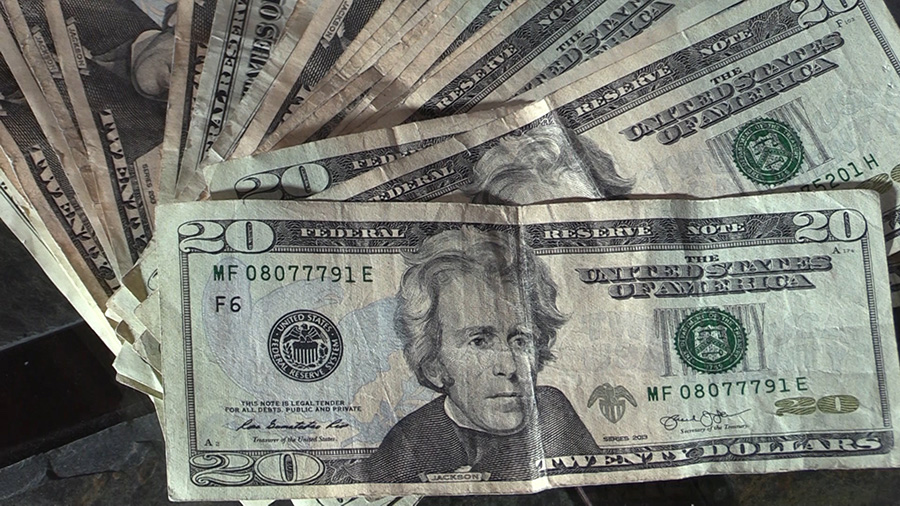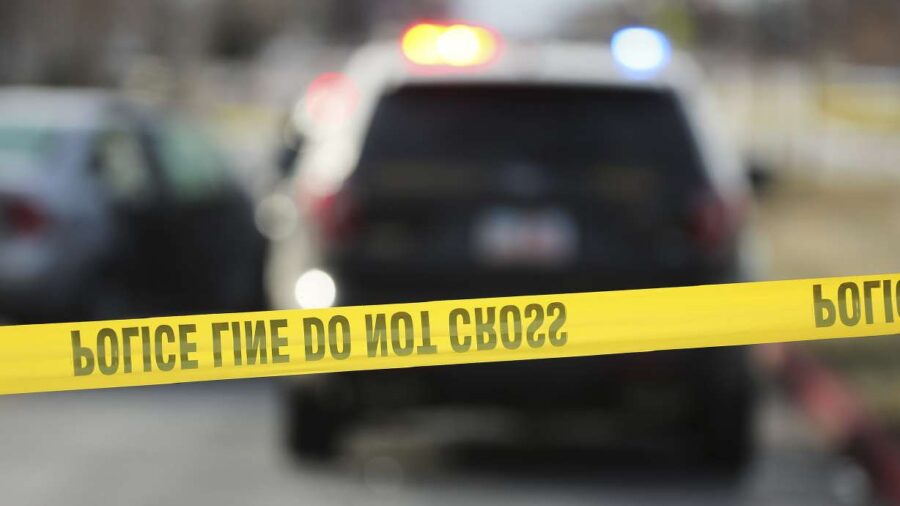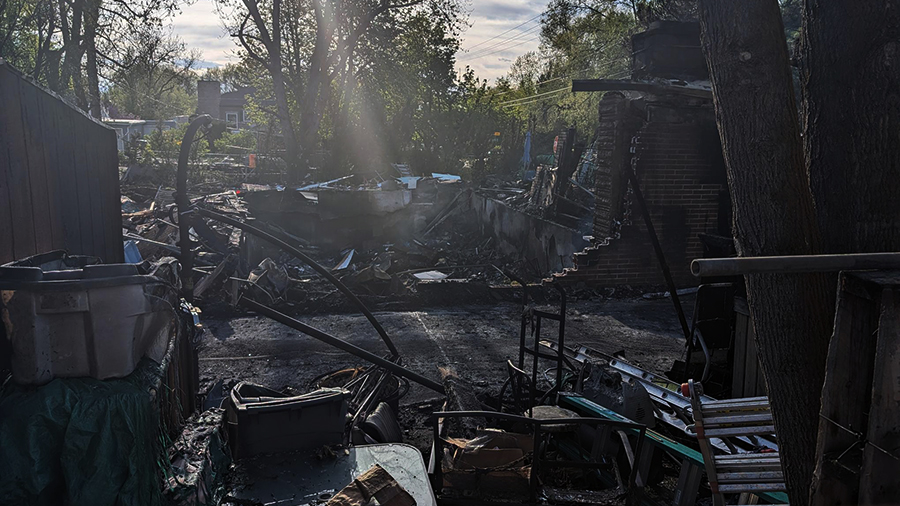Former KSL anchor Dick Nourse still passionate about today’s journalism
Oct 7, 2019, 10:09 PM | Updated: May 19, 2023, 3:54 pm
SALT LAKE CITY, Utah — The names Nourse, Welti and James are in the Broadcast Hall of Fame. They were KSL’s legendary news team during what we fondly refer to as ‘the Golden Years’ of television news. But Dick Nourse was the face and the voice of KSL for more than 40 years.
Reminders of that distinguished career hang in the office of his St. George home where Carole Mikita had an opportunity to visit with him recently. There, high on the wall was a billboard image with his face.
“I think that captured probably what I really felt every night when there were 10 seconds to air. I probably had that look on my face,” Nourse said.
“You would come into the newsroom every day, excited to be there because you really were,” Mikita said.
“I was excited to be there, Carole, I really lived it and I loved it,” Nourse replied. “I was in love with my job and I wanted to be there, more than anything.”
Treatments for throat cancer have impacted that resonant voice some, but not his sense of pride and responsibility for the role he carried for decades.
“The thing that’s disturbed me the most is today’s ‘fake news’ comments,” Nourse said. “I really, really get upset when I hear that. Journalism is a fine profession and one we will always need, regardless of technology. Somebody has to find the answers for you and tell you and that’s what we do!”
So, Mikita wondered, does he miss it?
“I really miss what I did and the biggest part is the people I worked with,” Nourse said. The two he said he misses most are Bob Welti, meteorologist, and Paul James, sportscaster. They became the iconic team inducted into the Broadcast Hall of Fame and both passed away this year.
“They were super, those two guys, became like brothers to me, Carole, they really did,” Nourse said.
“One of the things I remember most about you was how exacting you were every day with every script, why was that?” Mikita asked.
“That’s a little of my OCD, coming out,” he laughed. ” But I did not want to stumble around on anything. That was the reasoning behind all of that, I just wanted to get it right.”
Over the years, Dick’s deep baritone was there, covering everything from Ted Bundy’s execution to the Mark Hoffman bombings to the 2002 Winter Olympics in Salt Lake.
But his most memorable assignment was a trip to cover our Utah servicemen in Vietnam in 1967. From bases to battleships, he brought their stories home.
“So many had the response when we left, ‘will you call my mother and tell her I’m alright?’ Then I proceeded to call all the mothers,” he said emotionally, “‘Hey, Tom wanted me to call you and say, ‘Hi,’ I talked with him.”
Nourse’s career nearly ended in 1980 with the first of three devastating cancer diagnoses.
“It had spread from my neck to my chest to my abdomen, three stages,” he said.
But he came back, and the memories still bring tears.
“I put my wig on and went back to work and everybody at KSL…I guess that’s why I love those guys, we cried together and (they said) ‘welcome back, dick, it’s not the same without you, we had to have you back,'” Nourse said, becoming emotional.
He said the love people throughout Utah gave him taught him a valuable lesson.
“So, I started doing a lot of charity work,” he said. “I loved that as much, sometimes more than my job.
“There were cancer walks, fundraisers, visits to patients in the hospitals and at their homes. Phones calls of encouragement nearly every night from his desk in the newsroom. Having a terrible disease got my attention a little bit. That’s just one example I think of what happened to me in my life that made me want to stay a part of an industry who could really have an impact on what was going on in our streets, in our society and in our cities or states, our country.”
“What is it that you hope people will remember the most about you?” Mikitia asked.
“Probably that oath of office I took to uphold all the principles of journalism,” Nourse said. “I would like to be remembered as somebody who really cared about that oath that I didn’t take but that it seemed like I took.”
That silent oath that he made to himself is what he shares with young journalists today. Nothing bothers him more than how some in America think of journalism today.
“We are not the enemy of the people, have never been and I will back anyone that I know personally, as being responsible to carry that title as journalist,” he said. “That’s a very respected profession. And, you know, you take it very seriously in this country because you have freedom of the press — and the majority of us do it quite responsibly. The major networks are not fake news. I have faith in them all the way. The local stations, I have as much faith in as I ever did.”

